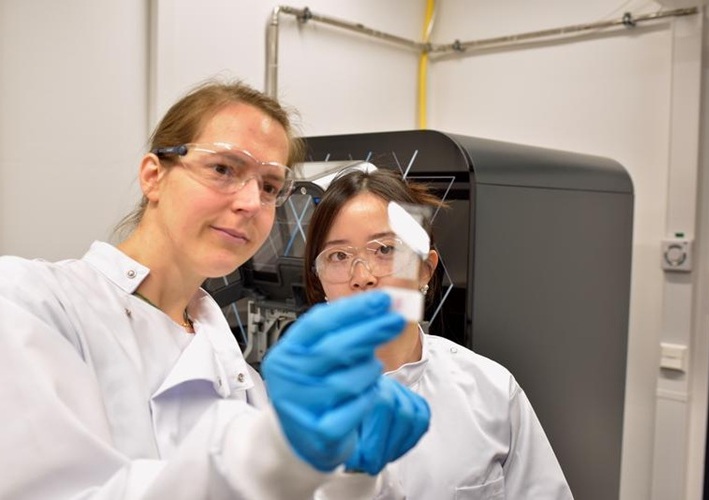Mass Spectrometry Detects Bacteria Without Time-Consuming Isolation and Multiplication
Posted on 06 May 2025
Speed and accuracy are essential when diagnosing diseases. Traditionally, diagnosing bacterial infections involves the labor-intensive process of isolating pathogens and cultivating bacterial cultures, often resulting in several days of waiting before targeted treatment can begin. Researchers have now developed a groundbreaking method that can identify bacteria with unprecedented speed, reducing the waiting time from several days to just a few minutes.
The innovative approach, developed by researchers at Technical University of Munich (TUM, Munich, Germany) and Imperial College London (London, UK) uses mass spectrometry to detect specific metabolic products of bacteria directly from tissue and stool samples. Central to this process is a database that currently includes 232 medically relevant bacterial species and their associated metabolic products. From this database, biomarkers are extracted to allow for the direct identification of specific bacteria.

The new method is capable of identifying bacteria responsible for a variety of serious conditions, including stomach cancer, pneumonia, meningitis, preterm birth, gonorrhea, and sepsis. To ensure that this method becomes a regular tool in clinical settings, the biomarker database needs to be expanded. The researchers note that over 1,400 bacterial pathogens are known, and their specific metabolic products need to be identified and added to the database. The team also sees significant potential for this method in personalized medicine, where treatments can be tailored precisely to individual patients based on the specific bacteria detected.
"Our innovative approach is not to look directly for the pathogenic bacteria, but only for their metabolic products. This allows us to detect them indirectly, but much more quickly," said first author Wei Chen.
"This is one of the most important future topics in biotechnology and medicine. Targeted interventions can dramatically improve the chances of successful treatment. As analysts, we develop modern tools and methods for doctors to do this," added Prof. Nicole Strittmatter.
Related Links:
TUM
Imperial College London













